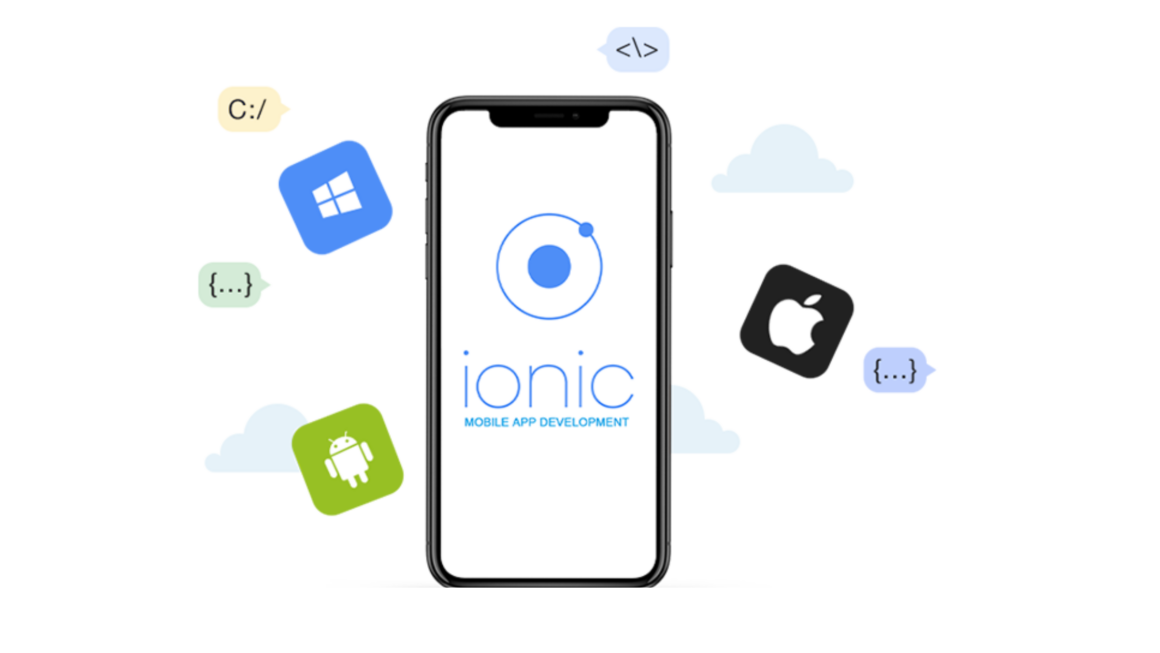Choosing the right framework for your app development is essential for the success of your business. It significantly impacts development time, cost, and the overall quality of the final product. One of the popular frameworks is Ionic, a good choice for building cross-platform mobile applications and progressive web apps (PWAs)
Let’s see when Ionic might be the best option for your app development project, highlighting its benefits and ideal use cases to help you make an informed decision.
To provide insights from our experience, we had a Q&A session with Paul, one of our developers, who gave us valuable information from implementing Ionic framework, across our healthcare app’s development.
Tell us a few words about the project you’re working on.
Chime is an innovative healthcare application based in the UK, designed to bridge the gap between patients’ needs and caregivers. By facilitating the creation of patient profiles and managing the recruitment and scheduling of caregivers. Chime addresses critical aspects of home care. The product includes two primary applications: one for caregivers and another for patients. So, it spans across web, Android and iOS platforms, necessitating a development approach that is both efficient and adaptable.
The decision to use Ionic for Chime was strategic, aiming to simplify development across web, Android, and iOS with a single codebase, reducing the need for separate apps for caregivers and patients.
What other benefits of using Ionic did you find by working with it?
Besides reducing the complexity and redundancy in our development process, Ionic accelerates productivity.
Another benefit is cost and time efficiency: the ability to reuse a substantial portion of the code across different platforms led to lower implementation costs and shorter development timelines. This efficiency is particularly beneficial for a project like Chime, where fast deployment can significantly impact its success and user adoption.
Another advantage is that Ionic allowed our team to work easily without diving into native mobile development.
What challenges did you face by using Ionic on Chime?
We had a few challenges, but they were manageable and often encountered. The responsive Ionic community helped us in solving them quickly.
For example, addressing mobile-specific features like location permissions and camera access required additional effort, as these aspects demanded platform-specific implementations that diverged from the ideal of a unified codebase.
Also, opting for a hybrid development approach with Ionic introduced certain performance trade-offs compared to native applications. This aspect required us to balance the benefits of cross-platform development with the potential for not achieving native-level performance and control.
Another challenge was related to the stability of the Ionic framework and the impact of its updates. These challenges necessitated ongoing adjustments and attention to ensure our applications remained functional and up to date.
Speaking generally, when do you recommend using Ionic in app development?
- If you aim to deploy your app across multiple platforms (iOS, Android, web) but want to maintain a single code base for efficiency and consistency.
- For apps that do not require the high performance that native apps can offer, such as complex animations or intensive graphics. Ionic is suitable for applications where performance demands are moderate and can be adequately met with hybrid technologies.
- If you need to quickly prototype or launch your app, as Ionic allows for faster development compared to native development for each platform.
- If your team has expertise in web technologies (HTML, CSS, JavaScript) and you want to leverage this knowledge to build mobile apps without the need to use native programming languages.
- If you have a limited budget for app development and using Ionic can be more cost-effective than developing separate native apps for each platform.
- If the level of access and performance provided by plugins and the Capacitor or Cordova bridge are appropriate for your needs.
- You’re aiming to develop not just mobile apps but also Progressive Web Apps (PWAs) using the same code base, taking advantage of their support.





